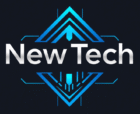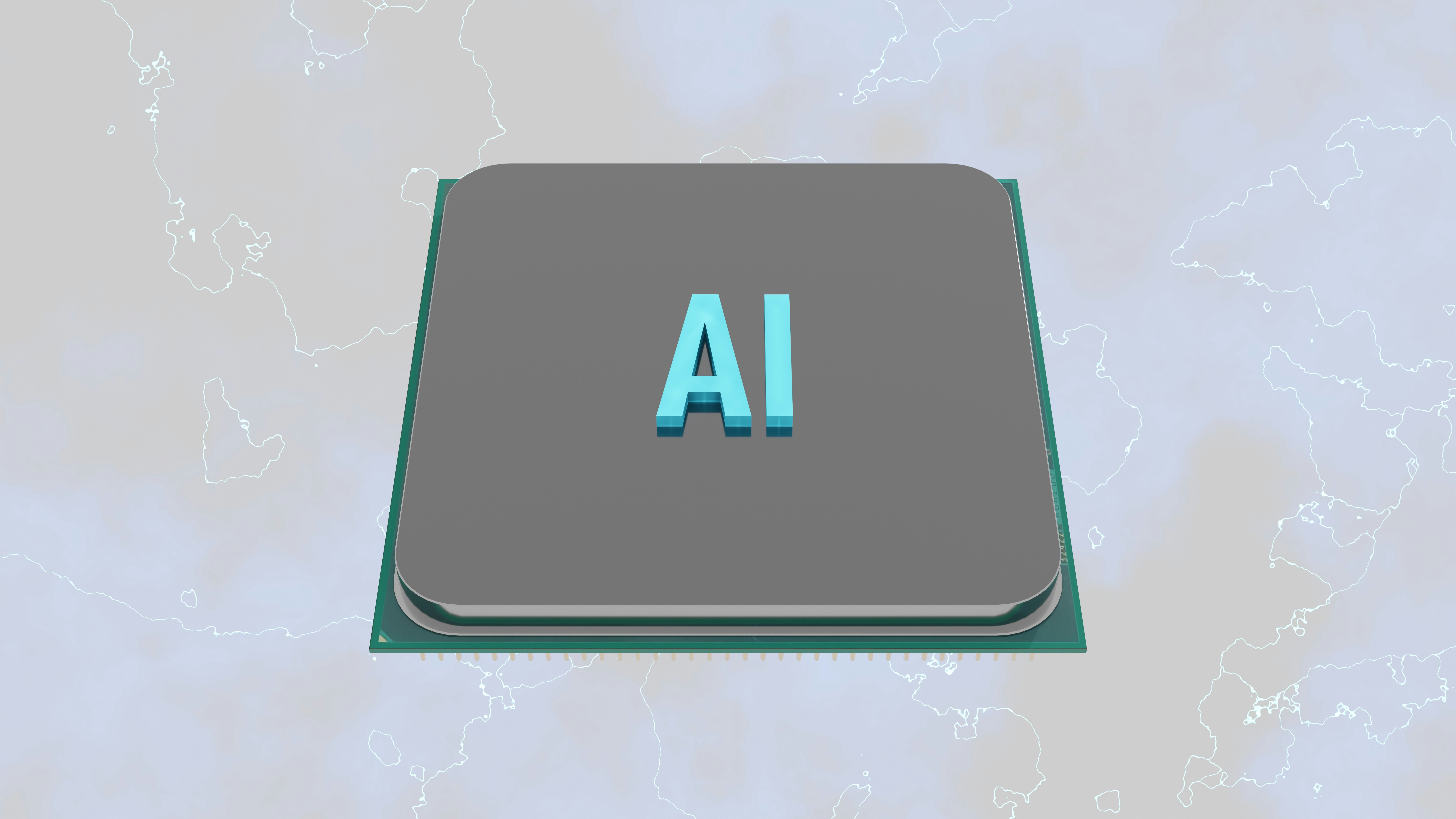
Understanding Cloudflare’s Recent Changes
Cloudflare has recently unveiled a series of significant updates that promise to reshape its service offerings and impact the broader internet landscape. Among the most pivotal changes is the enhancement of its security protocols, which now feature advanced machine learning algorithms designed to better identify and mitigate threats from increasingly sophisticated cyber-attacks. This innovation not only protects users more efficiently but also improves the overall response time during security incidents.
Another noteworthy adjustment is Cloudflare’s expansion of its serverless computing capabilities, which allows developers to run applications without managing infrastructure. The introduction of Workers Unbound enables users to scale functions automatically, providing greater flexibility and efficiency in deployment. This shift aligns with Cloudflare’s commitment to empowering developers and streamlining workflows in a digital-first environment.
Additionally, Cloudflare has made strides in improving its content delivery network (CDN) services. The recent adoption of edge caching strategies significantly enhances the speed and reliability of data transmission across global networks. As a result, end-users experience lower latency and increased performance, which is crucial for applications that rely on real-time data processing, a growing necessity across industries.
These changes are not merely technical enhancements; they reflect Cloudflare’s strategic vision of creating an inclusive and secure digital ecosystem. By prioritizing security, performance, and developer experience, Cloudflare aims to maintain its competitive edge while addressing the evolving needs of its clients. Furthermore, these updates position the company as a vital player in the internet infrastructure space, catering to the demands of AI giants and other enterprises needing robust, scalable solutions.
The Impact on AI Giants
The recent updates from Cloudflare are poised to significantly influence the operations of major AI companies. With its comprehensive suite of services that enhance performance, security, and accessibility, Cloudflare’s improvements compel AI giants to reevaluate their current frameworks. For instance, enhanced security protocols may require that AI firms recalibrate their data handling processes, ensuring that compliance standards are upheld without hindering performance. This recalibration could lead to increased operational costs as companies invest in optimizing their systems to align with Cloudflare’s capabilities.
Moreover, scalability is a critical aspect for AI giants, especially those handling vast datasets and requiring robust infrastructure to support AI models. Cloudflare’s updated infrastructure promises reduced latency and improved load balancing, which can positively impact the speed of AI applications. However, AI companies may face technical challenges as they adapt their existing architectures to fully leverage these advancements. Transitioning to a new paradigm necessitates a thorough understanding of the underlying technology and may involve integration hurdles that could disrupt normal operations in the short run.
Further analysis reveals a potential shift in user experience. As Cloudflare enhances delivery mechanisms, AI services may become more efficient and responsive. This shift could differentiate those who adopt the new features effectively from those who lag in implementation, affecting competitive strategies within the industry. AI companies might prioritize faster innovations to maintain or capture market share in response to the improved user experiences enabled by Cloudflare’s updates. Notably, the AI landscape is characterized by rapid evolution, and those that adapt swiftly will likely gain a competitive edge.
In summary, the updates from Cloudflare are sure to have profound implications for major AI players. Companies must navigate the technical challenges while leveraging the opportunities that arise from enhanced performance and security. The ability to adapt will not only shape operational efficiencies but will also influence competitive dynamics in the foreseeable future.
Reactions from Industry Leaders
Cloudflare’s recent updates have elicited a wide array of reactions from key stakeholders in the technology sector, particularly those within the artificial intelligence (AI) ecosystem. Executives from various AI companies have taken to social media and press releases to express their perspectives on the implications of Cloudflare’s new offerings, which are poised to have a significant impact on the competitive landscape.
One notable response came from the CEO of a leading AI firm, who highlighted concerns regarding the potential for Cloudflare’s enhancements to create an uneven playing field. They expressed that while technological advancements are essential, the power dynamics between established players and startups could shift dramatically. The executive emphasized the need for equitable access to such advanced tools to foster innovation rather than stifle it, suggesting that Cloudflare’s update could pose a barrier for smaller enterprises attempting to compete.
Contrasting views were presented by other industry leaders who embraced Cloudflare’s updates as a catalyst for growth and innovation. A prominent tech entrepreneur remarked on how the enhancements would streamline operational efficiencies and elevate user experience across various AI applications. They expressed optimism that as Cloudflare enhances its capabilities, it will encourage AI firms to innovate further, ultimately benefiting the consumer with improved solutions.
Additionally, several industry analysts joined the discussion, shedding light on Cloudflare’s influence beyond mere competition. They argued that by offering robust infrastructure support, Cloudflare is positioning itself as a key player in the AI arena, facilitating the emergence of next-generation applications. The consensus among many stakeholders is that while there are challenges posed by such significant updates, the overall potential for fostering an environment ripe for innovation cannot be overlooked.
Future Trends and Considerations
The recent update by Cloudflare has the potential to redefine the landscape of internet services, particularly in the context of artificial intelligence (AI) and related technologies. As these significant changes take hold, several trends are expected to emerge, shaping how AI companies and digital platforms operate. One key trend is the increased emphasis on security and performance. With heightened concerns over data privacy and system vulnerabilities, AI businesses will likely prioritize adopting measures that align with Cloudflare’s robust security framework. This shift will encourage the development of more resilient infrastructures that can mitigate cyber threats.
Moreover, we anticipate a surge in collaboration between AI giants and cloud service providers. As companies seek to leverage Cloudflare’s innovative solutions, partnerships aimed at enhancing service delivery and performance will become increasingly prevalent. These alliances can foster the creation of advanced applications that harness the power of AI while benefiting from enhanced scalability and reliability offered by cloud technologies. Such collaborations may also lead to the establishment of best practices that redefine industry standards.
In addition to these operational shifts, the update may influence how AI companies approach governance and regulatory compliance. As digital infrastructures grow more complex, navigating legal frameworks surrounding data usage, algorithmic accountability, and consumer protection will become imperative. This evolution will likely prompt AI companies to adapt their compliance strategies to incorporate the new norms established by Cloudflare and similar entities.
Long-term implications may also reflect a shift in public trust towards digital platforms as Cloudflare’s updates foster greater transparency and user control over their data. Consequently, as the interactions between AI technologies and internet services evolve, a more secure and efficient digital environment may emerge, ultimately benefiting end-users. The future landscape will necessitate a keen focus on adaptability as AI giants respond to the dynamic environment shaped by service updates and regulatory changes.


